Slack vs. Discord: Choosing the Right Tool for Your Workspace
Advertisement
Selecting the appropriate communication tool will help your team succeed more. The two best possibilities nowadays are Slack and Discord. Companies wanting flawless communication, task tracking, and tool integration will find Slack perfect. It is designed for output and effort. Discord excels with text, video, and voice. Growing internet groups, hobbyists, and gamers all like it.
Though they fit different users, both systems have great functionality. Your decision will rely on whether you are creating a casual community or a working team. In this article, we will go over every main difference between Slack and Discord in great depth. All set to identify the appropriate venue for your requirements? Let's investigate the main variances and simplify your decision right now.
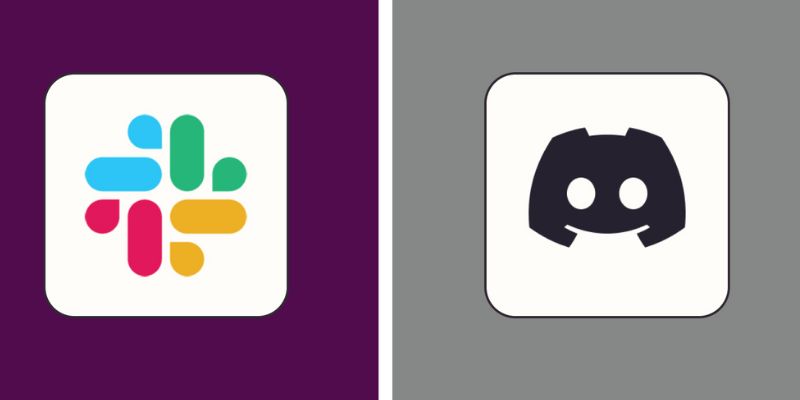
Slack vs Discord: Which Platform Fits Your Needs Best?
The comparison will enable you to quickly choose the appropriate platform for your community or team.
Purpose and Audience
Slack: Designed for corporate communication, Slack lets teams handle tasks, distribute files, and instantly interact. For remote or hybrid teams, it connects with applications, including Google Drive, Asana, and Trello, enhancing cooperation. Slack's organized channels and methodologies provide effectiveness and flawless communication among several departments and teams.
Discord: Originally for gamers, Discord lets voice, video, and text chat run throughout games. It now serves communities, educators, and hobbies as well. Discord provides a laid-back setting for real-time talks, group chats, and events; it emphasizes informal, community-driven interactions.
Communication Features
Slack: Slack is meant for office correspondence. It lets one open channels for direct messaging, file exchange, and project work. It interacts with Salesforce and Google Calendar, among other things. Teams handling projects well will find Slack's structure ideal.
Discord: Discord is perfect for informal chats. It enables you to build channels for text, voice, or video chats and servers. Popular among communities and gamers, Discord's voice and video qualities are straightforward. Tools for moderation help one manage big groups somewhat easily.
User Interface
Slack: Slack boasts a neat, business-oriented UI. On the left are channels; the main pane shows chats. Its sidebar gives quick access to lately sent communications. For teams, the straightforward design guarantees seamless navigation. Multiple channels and threads can, however, complicate the UI in more sizable companies.
Discord: Server and channel-based organization guide dynamic and vivid UI. One finds clearly displayed voice channels. Its visually appealing design comes from its adjustable themes and alerts. Although it provides customization choices, the style may seem rather crowded for professional use, even if it would be ideal for gamers.
Integrations and Customization
Slack: Slack interacts with more than 2,000 apps, including Google Drive, Trello, Zoom, and Microsoft Teams. This makes it an excellent choice for teams working on several initiatives. Its flawless interaction with corporate tools guarantees your team stays connected and effective by improving organization and efficiency.
Discord: Though it has few integrations, Discord is great for laid-back groups. Bots let you automate chores, generate custom commands, and combine services like YouTube and Twitch. Gaming communities would find these linkages ideal, but they lack emphasis on productivity tools for offices.
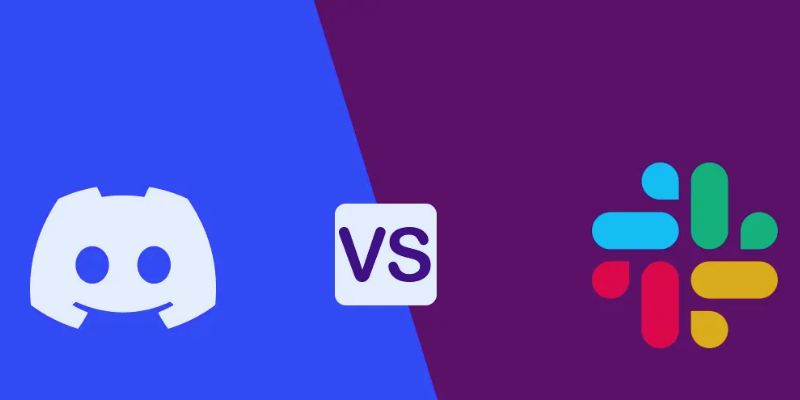
Pricing and Accessibility
Slack: The free edition of Slack provides basic capabilities. Though premium plans might get expensive, they are available. Paid plans give advanced search, limitless integrations, and priority support. Pricing for Slack fits companies needing strong functionality and flawless integrations.
Discord: Discord is free to use; its main features are covered under the free plan. Better video quality, file uploads, and custom emojis are just a few of the features of the subscription edition Discord Nitro. Small teams or groups might find Discord's free plan ideal.
Security and Privacy
Slack: Slack offers enterprise-grade security using data encryption, GDPR compliance, and customizable security settings. It is perfect for companies needing rigorous security. For further control, you can configure permissions throughout your workplace and control channel access.
Discord: Two-factor authentication and moderating tools are two security features Discord provides. However, it does not have the enterprise-level security seen in Slack. Discord prioritizes informal communication more highly. Its security instruments are designed for community management, not for safeguarding private corporate information.
Community Management
Slack: Slack is meant for team collaboration, not large community management. It lets one open avenues for particular subjects. It is not designed for running large communities. Small to larger teams benefit from its simple yet effective administrative tools. Slack keeps organization and simplicity of operations if teams are to stay on track. Though it lacks the sophisticated community management tools of Discord, you may give roles and control permissions.
Discord: Discord excels in communal administration. It offers speech channels, role-based rights, and moderating bots. These elements enable easy management of big populations. Growing communities would find it ideal as server managers can assign roles, limit access, and moderate user behavior.
Slack vs. Discord: Which One Wins?
Your objectives will determine which Slack and Discord you should use. Professionals, teams, and companies all find Slack ideal. For highly demanding work environments, it provides enterprise-level security, productivity connectors, and ordered channels. Discord excels in community development, informal talks, and real-time audio calls. It's perfect for gamers, amateurs, and laid-back team environments.
Slack keeps everything orderly and effective if you are handling project work. Discord seems more lively and enjoyable whether you're holding group chats, debates, or events. Discord seems pleasant; Slack seems official. Although each has great strength, they fulfill different purposes. Consider whether the attitude of your staff is professional or playful. Think about your budget as well; Discord's free edition is ample, whereas Slack grows expensive. The winner ultimately comes from your goal.
Conclusion:
In conclusion, even with huge abilities, Slack and Discord fit distinct groups. Professional teams demanding structure and productivity tools will find Slack most suited. With excellent speech and video tools, Discord is perfect for informal, community-oriented correspondence. Before deciding, take money, desired manner of communication, and team objectives into account. Discord keeps things laid-back and interactive; Slack offers a more structured working setting. The secret is how well any platform you decide on complements your process and culture.
Advertisement
Related Articles
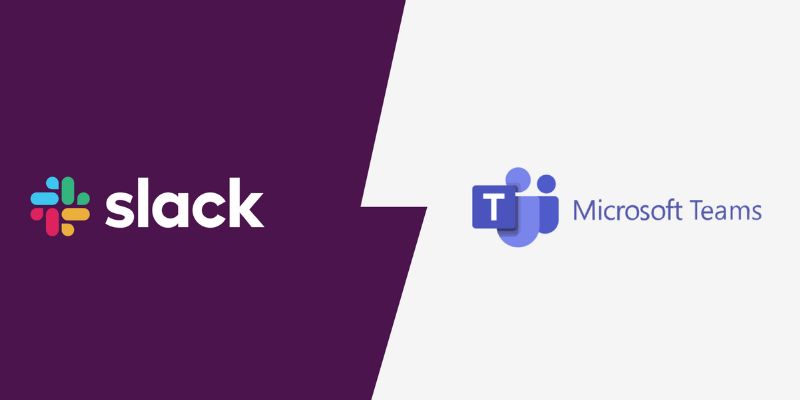
Slack vs. Teams: Which Should Your Business Use for Better Collaboration
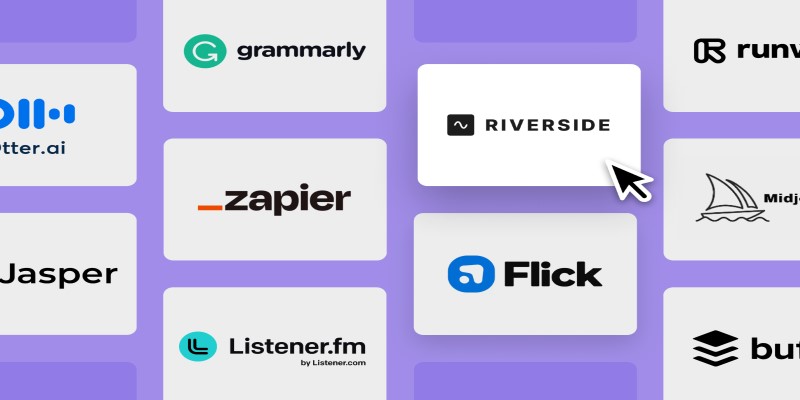
The 12 Best AI Marketing Tools in 2025 to Boost Reach and Cut Workload
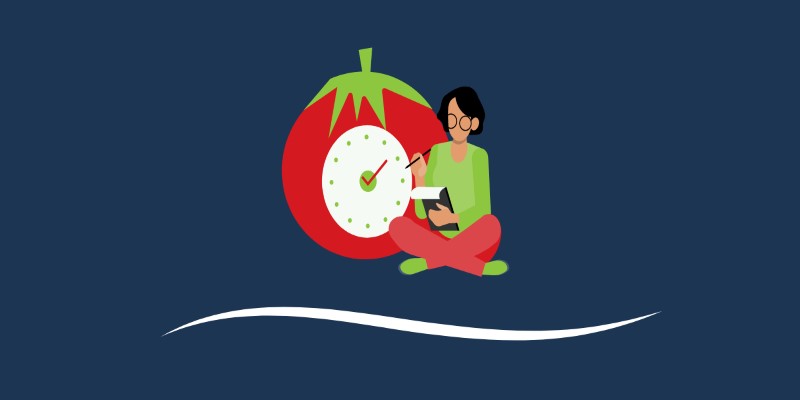
The 6 Best Pomodoro Timer Apps in 2025 for Maximum Focus and Productivity
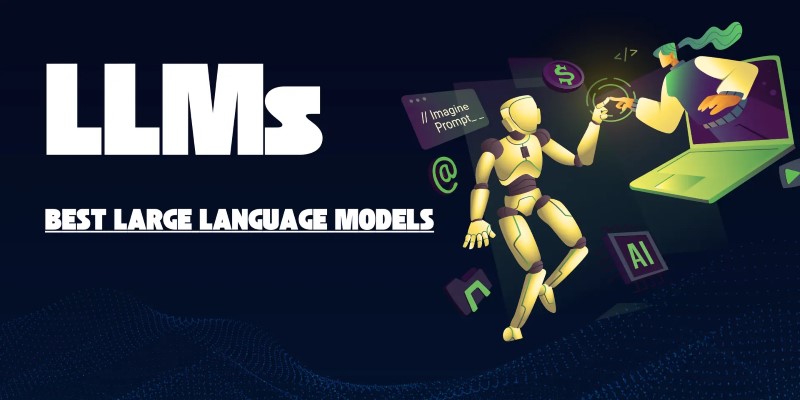
The Best Large Language Models in 2025 That Are Changing How We Work
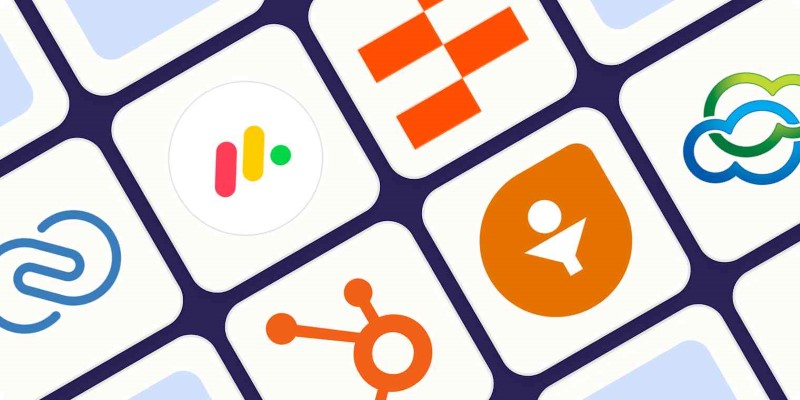
The 7 Best Client Management Apps in 2025 for Smoother Workflows and Happier Clients
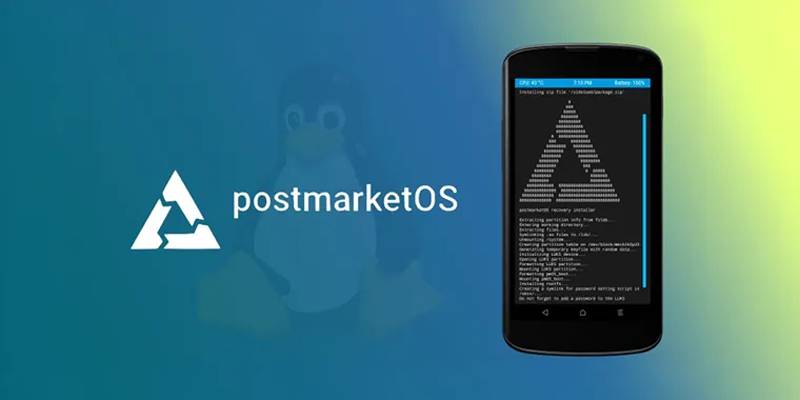
March postmarketOS Update Brings GNOME 48 and COSMIC Integration

The Tool Debate: Browser-Based or Installed

The 12 Best Digital Marketing Tools in 2025 to Amplify Your Strategy

Copilot Adds WhatsApp Image Messaging to Boost Visual Workflows
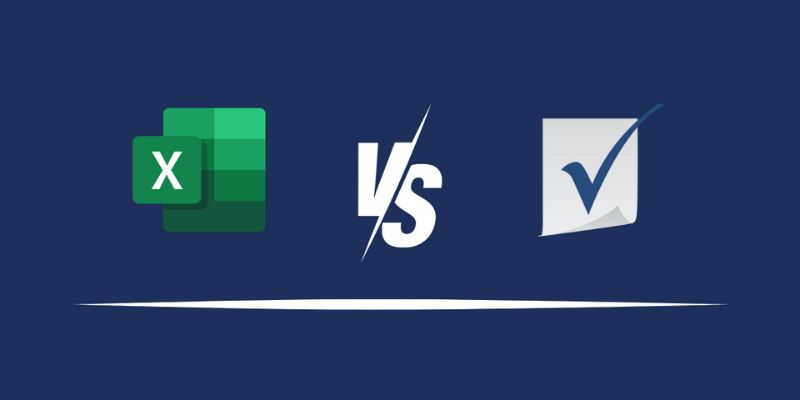
Excel or Smartsheet: Which is the Better Option for Project Management
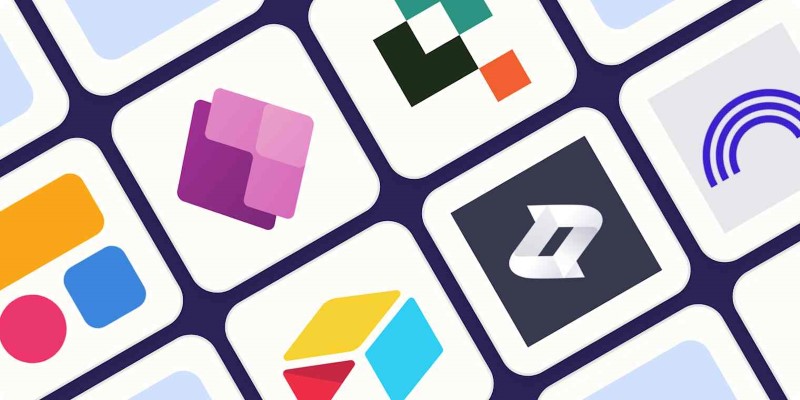
The 6 Best AI App Builders in 2025 for Fast, No-Code Development
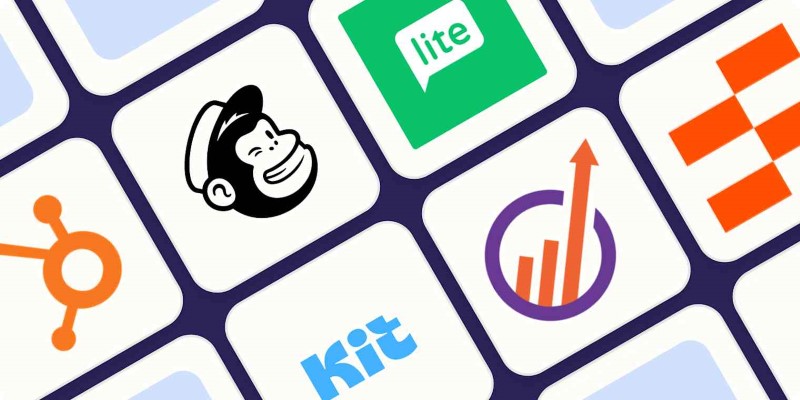
 lameuplay
lameuplay